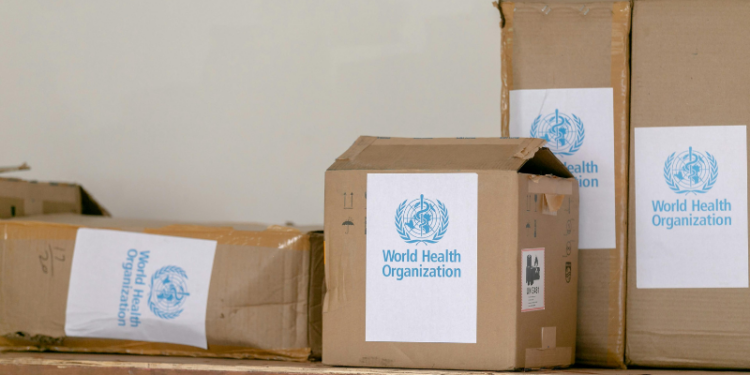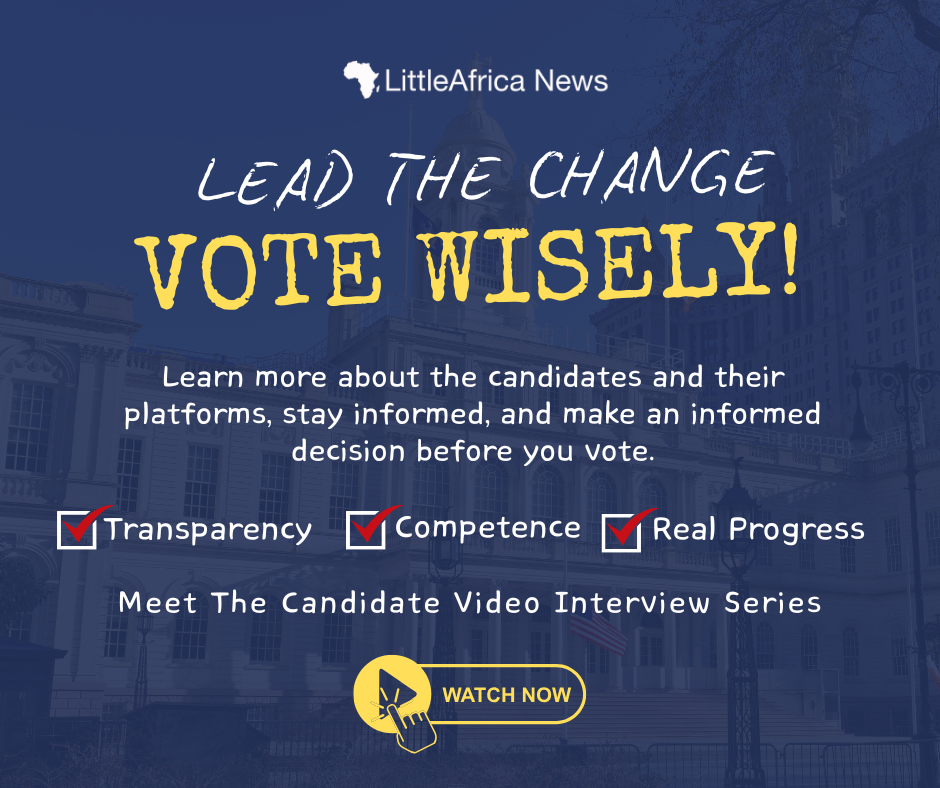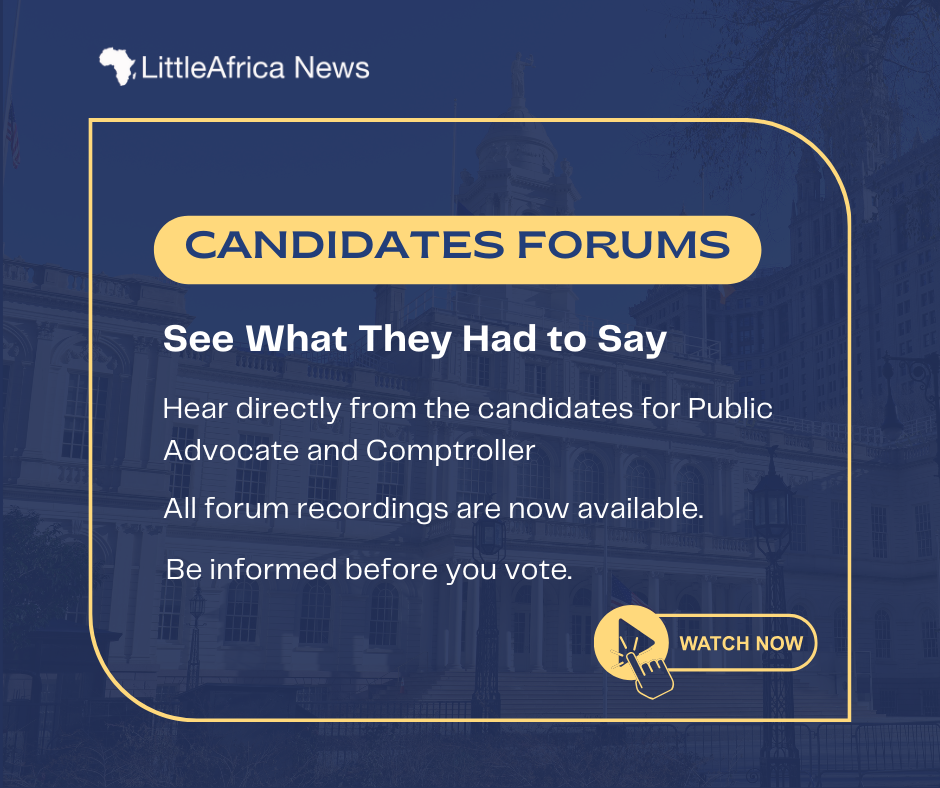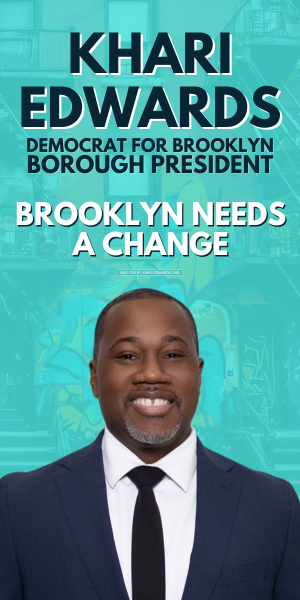President Donald Trump signed an executive order on Tuesday, January 21st, initiating the United States’ withdrawal from the World Health Organization (WHO). The decision, announced on his first day back in office, reignites Trump’s long-standing criticism of the global health agency’s handling of the COVID-19 pandemic and other health crises.
Citing the WHO’s alleged mishandling of the pandemic and susceptibility to political influence, Trump argued that the organization failed to adopt necessary reforms. In the statement announcing the withdrawal, he said that the “organization’s mishandling of the COVID-19 pandemic that arose out of Wuhan, China, and other global health crises, its failure to adopt urgently needed reforms, and its inability to demonstrate independence from the inappropriate political influence of WHO member states” was the reason for his decision.
Trump also criticized the U.S.’s financial contributions, which accounted for nearly 20% of the WHO’s $6.8 billion annual budget. “The U.S. has been paying an unfair share while the WHO leans too heavily on China,” Trump stated during the signing ceremony.
This marks Trump’s second attempt to pull the U.S. from the WHO; a similar move in 2020 was reversed by the Biden administration. Public health experts have expressed concern that the withdrawal could create a vacuum in global health leadership, enabling increased influence from countries like China. Lawrence Gostin, a public health law professor, described the decision as a “grievous wound” to both global health and U.S. leadership.
The executive order also directs the Office of Management and Budget to immediately pause U.S. funding for the WHO. However, the withdrawal process will take one year to complete, during which the U.S. remains obligated to provide financial support.
Critics argue that the decision could hamper the WHO’s ability to respond to global health emergencies, including potential pandemics, and may impact progress on diseases like malaria, tuberculosis, and HIV/AIDS. Dr. Ashish Jha, a former U.S. COVID-19 response coordinator, warned that this move weakens the organization and diminishes American scientific influence.
While Trump’s action has drawn widespread criticism, some proponents believe it could prompt the WHO to enact much-needed reforms, potentially paving the way for future U.S. re-engagement. However, given Trump’s strong language and decisive action, the likelihood of reconsideration under his administration appears slim.












